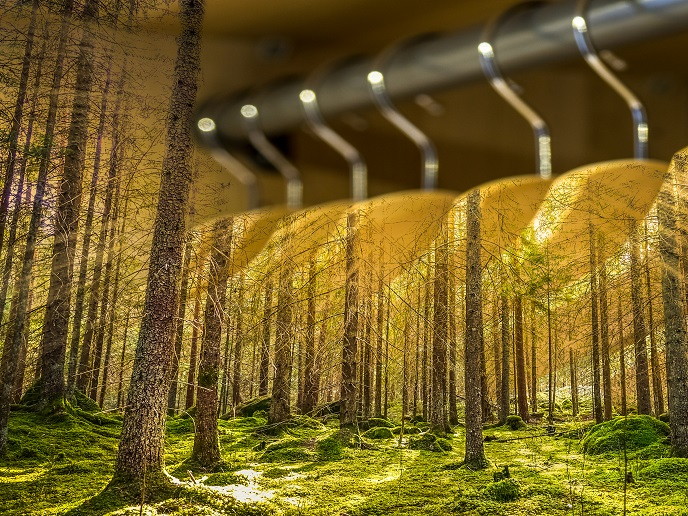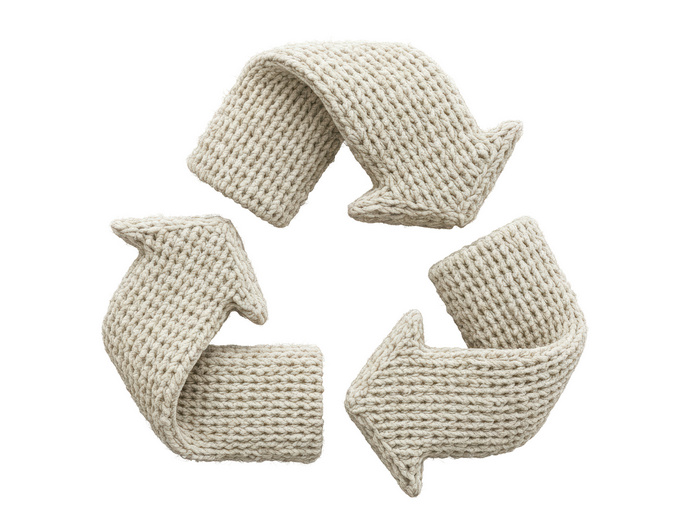Plant-based clothing brings sustainable development to Italy’s Apennine mountains
The clothing industry accounts for up to 10 % of the European Union’s environmental impacts(opens in new window). Harmful practices such as intensive farming contribute to a handful of socio-environmental problems associated with cheap labour and the widespread use of chemicals, insecticides and other substances that are damaging to both human and environmental health. In response, the EU-funded ORTIKA project has already added its own unique influence to the nascent sustainable clothing industry. Ortika is a startup company producing natural clothing from nettle(opens in new window) and blueberry grown in environmentally-friendly ways. The 100 % biodegradable products are completely recyclable and avoid harmful byproducts associated with many textiles. “Ortika aims to revolutionise the field of sustainable fashion by introducing innovative elements not only in the final product but also along the entire production chain,” says Ms Luisa Ciocci from Essere Consulting and ORTIKA project partner.
Weaving in local knowledge
“Ortika rediscovers the traditions of the territory, reinterpreting them in an innovative way to bring them up to date,” says Ciocci. Nettle was an ideal choice, borne out of the history and tradition of the mountainous region: prior to the arrival of cotton and synthetic fibres in the 1950s, nettle fibre was used in the Apennines as a textile to make sacks for local produce, due to its extraordinary preservation characteristics. The long, soft, uniform, resistant fibres become even stronger over time. The textile is highly breathable and regulates heat. The plant is symbolic in the region, too. “Nettle is a much-misunderstood plant and quite unknown, just as our territory is unknown and unappreciated. It grows in groups, never alone, so represents collaboration and transformation into something positive,” explains Ciocci. Blueberry is also a typical plant in the region, which already has huge economic value as a fruit. Ortika believes the characteristics of this plant can even improve the resistance and thermo-regulating properties of clothing based on nettle alone.
Sustainable clothes, science and society
“One of the most surprising results from the project is the discovery that the whole of the plant (the leaves, polyphenols, colouring) could be used, opening up the idea to even more business opportunities. This was possible thanks to the partnership with three young scientists who have studied an innovative extracting system that wastes nothing,“ Ciocci says. “We were able to identify and reproduce a variety of local, wild nettle that, thanks to the method of extraction, guarantees a yield of 35 % of the fibre, whereas previously, the yield was a maximum of 14 %,” Ciocci says. The project also strengthened community values and ties. Initially, it was challenging for the team to find enough agricultural land-owners to take part, but by engaging farmers in meetings and training sessions, many came on board. The project now has 36 extra hectares available to grow the products. “We are most proud of the fact that we have been able to create an entire chain of values: bringing together different people, experiences, companies, interests and needs, with everyone displaying the courage to work towards a common goal,” Ciocci says.







